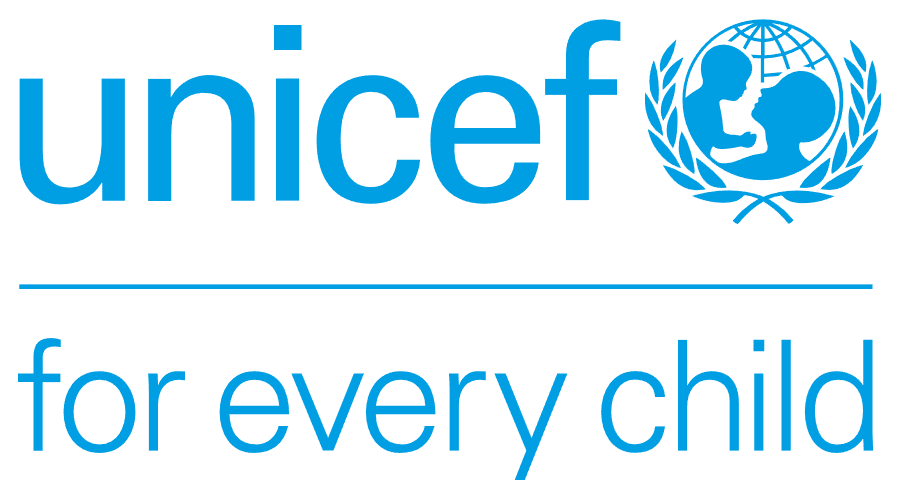UNICEF is initiating a collection of non-fungible tokens (NFTs) to gather funds for school internet access. The UN agency’s latest endeavor to embrace blockchain technology is the NFT drop.

UNICEF launches NFTs to honor its 75th anniversary
UNICEF, the United Nations International Children’s Emergency Fund, has launched a collection of non-fungible tokens (NFTs) on Ethereum to honor the UN agency’s 75th anniversary.
The proceeds from the January 2022 NFT launch—an exhibition titled “Patchwork Kingdoms” by digital artist and data scientist Nadieh Bremer—will go toward UNICEF’s many projects, including the Giga effort to subsidize internet connection for children around the world, according to the UN agency.
The goal of Giga Initiative
The Giga Initiative, launched in 2019, is a global project led by the UN agency and the International Telecommunication Union that aims to connect every school in the world to the internet so that children can benefit from web-based information and possibilities.
The Patchwork Kingdom collection features 1,000 NFTs and was built in collaboration with NFT marketplace Snowcrash Labs, the Ethereum Foundation, Metagood, and others. According to UNICEF, each NFT is painted using data collected from over 282,000 classrooms in 21 countries to discreetly communicate Giga’s value.
We are about to launch 1,000 #NFTs to celebrate UNICEF’s 75th anniversary🚀 #UNICEF75
Each artwork by @NadiehBremer is based on data from our open-source map. Collectors will form a community helping us connect every school to the internet.
Learn more: https://t.co/G3TYkKbjYH pic.twitter.com/98SFLbhEpI
— Giga (@Gigaconnect) December 10, 2021
Bremer’s art contributes to this. Bremer says she was inspired by Mary Blair’s work on “It’s a Small World” to create sets and towns out of simple geometric forms like squares, circles, and triangles.
“Each school has become a tiny square in the final picture, interacting with other schools to build Kingdoms, split between those connected and disconnected to the internet,” she explained.
UNICEF has been engrossed in blockchain technology
This isn’t exactly true if you think of it as a revenue grab for the UN agency, which has invited children to “trick or treat for UNICEF” at Halloween for years. Since before the debut of the CryptoFund in 2019, the UN agency has been engrossed in blockchain technology. The CryptoFund allows the organization to receive, keep, and distribute cryptocurrency.
This has gotten people’s attention—and contributions. For example, Huobi Charity Limited, a non-profit affiliated with cryptocurrency exchange Huobi Global, contributed $1 million in Bitcoin and cash to UNICEF in April 2021, as well as an extra 7 BTC to CryptoFund.
Furthermore, the UN agency Innovation Fund has been investing in blockchain for a longer time, sponsoring early-stage, open-source Web3 initiatives that have the potential to benefit children all around the world.

